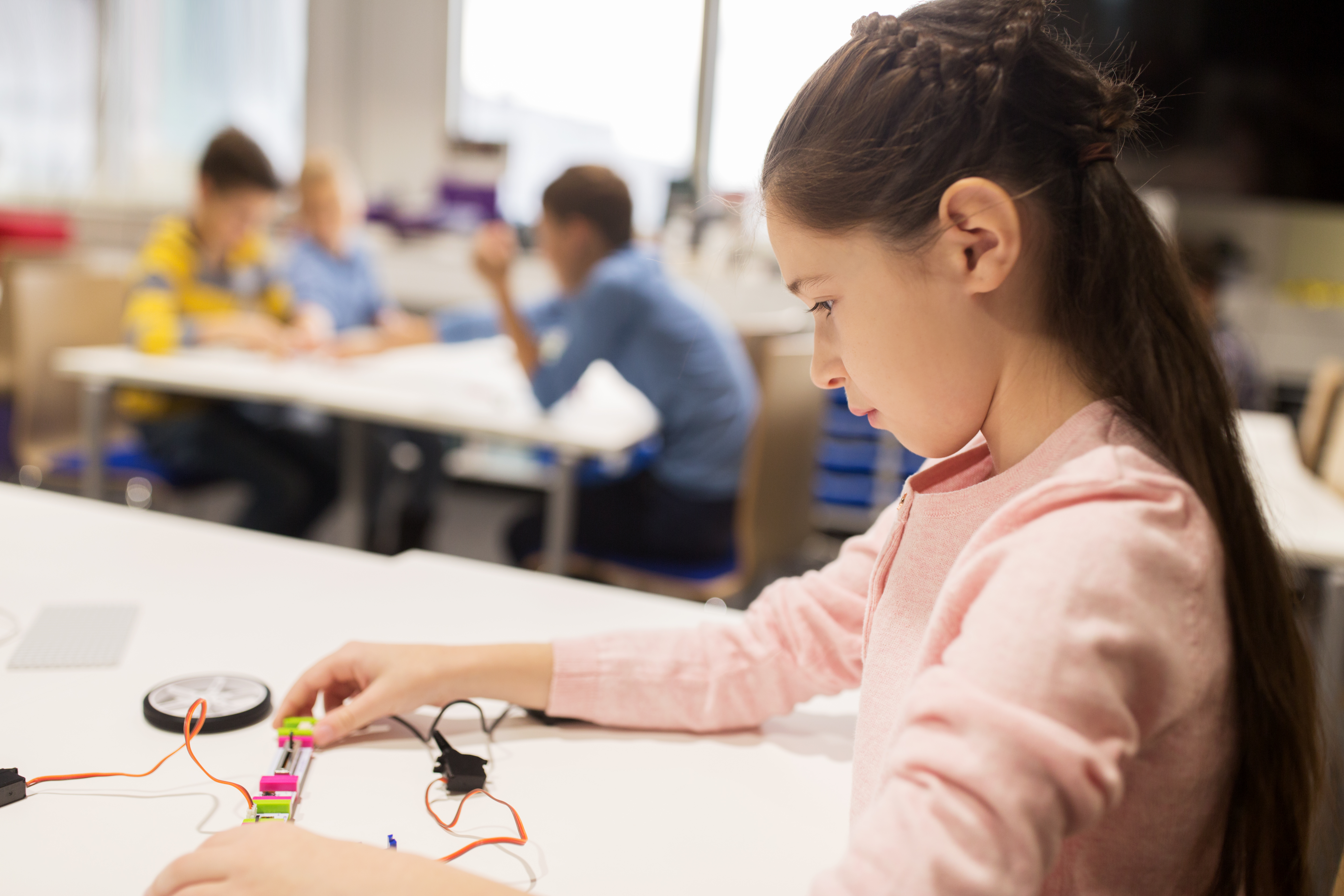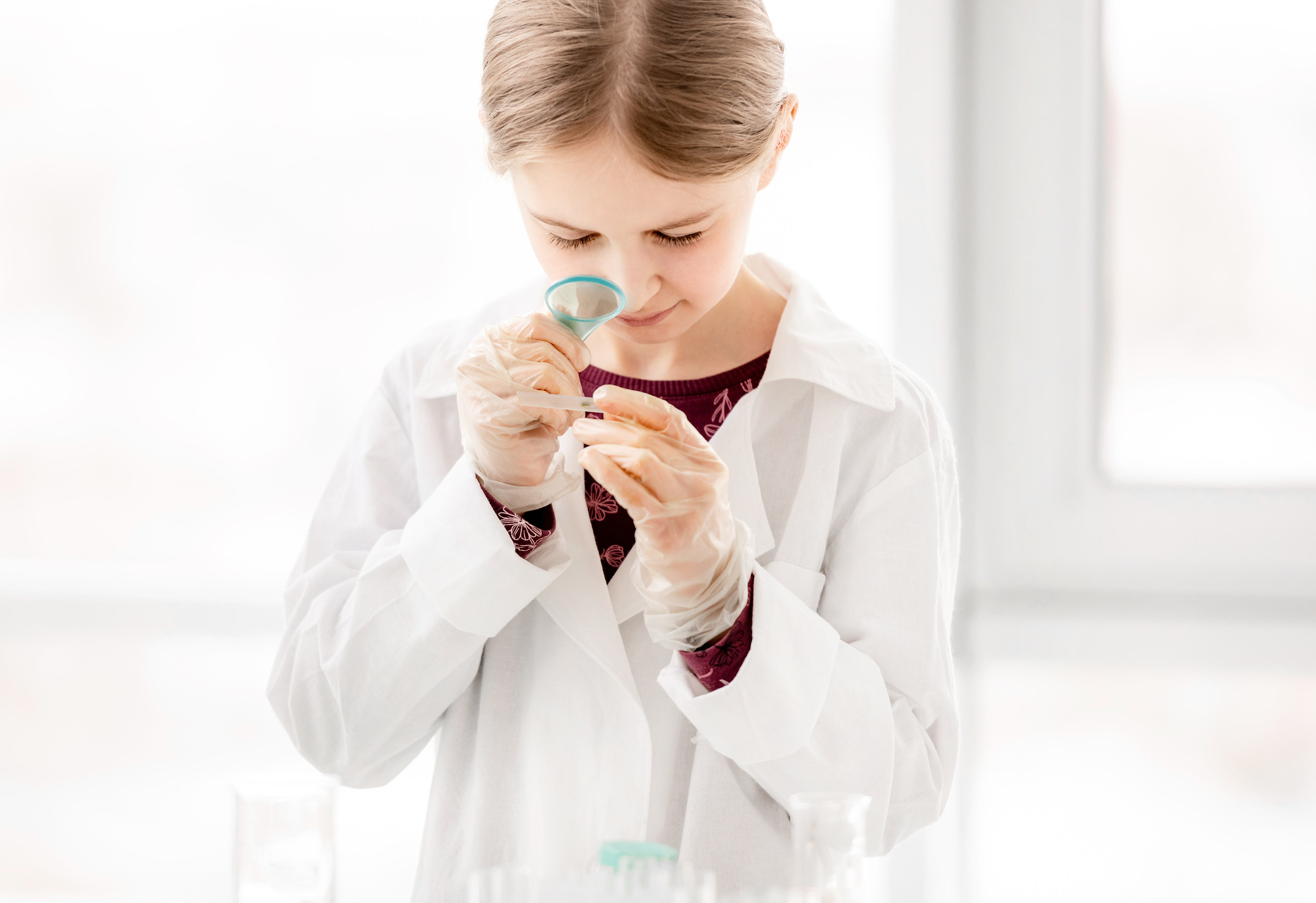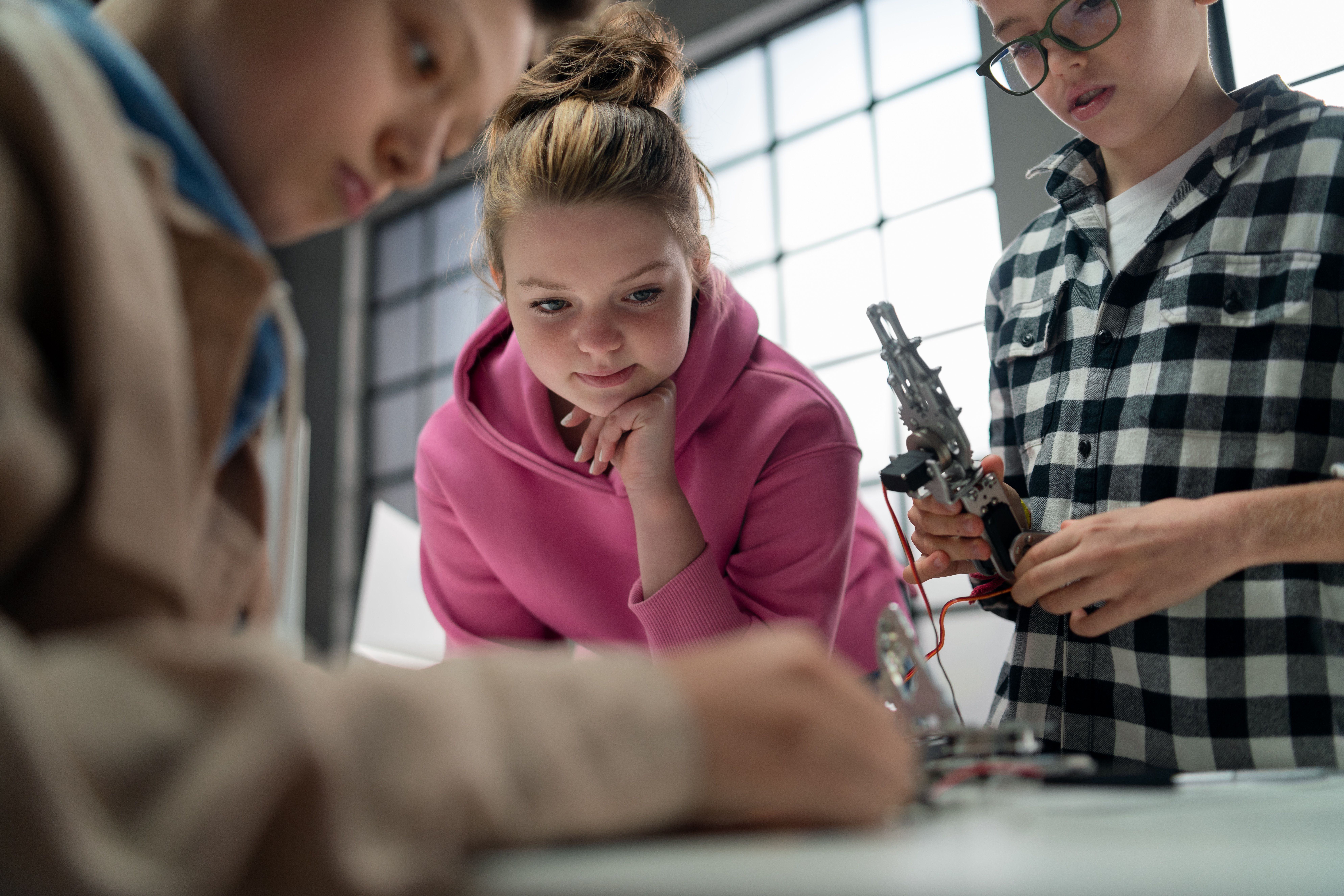Adaptive support in STEM learning environments to promote experimental competence and self-efficacy (AdUmint)
Scientific knowledge in STEM contributes to technological, economic and societal progress, which is why a basic understanding of the process of gaining scientific knowledge is important. Experimentation skills play a central role in this, as they link all STEM sciences. At the same time, numerous studies show that knowledge and competences acquired in one subject can hardly be transferred to other subject contexts or interdisciplinary learning environments. The aim of our project is to establish experimentation as an interdisciplinary effective STEM competence. In doing so, both cognitive abilities and skills as well as the expectation of self-efficacy are to be considered. Particularly when considering an increasingly heterogeneous student body, the question arises as to what extent it is possible to promote experimentation in the best possible way, taking into account individual prerequisites, social background and gender, supported by modern subject didactics and teaching/learning psychological approaches in an interdisciplinary manner. Based on a model of interdisciplinary STEM experimentation competence and considering the potential of digital learning formats, adaptive measures, especially in the form of different instructions, will be developed for this purpose and their effect on improving experimentation competence in interdisciplinary learning environments will be analysed. From this, hints and recommendations for the design of instructions for the individual promotion of the experimental competence of students will be derived, which can increase equal opportunities for learners who have so far been educationally disadvantaged in the STEM area.
To strengthen experimentation as a cross-curricular competence, these are embedded in a narrative framework. A socially relevant topic is climate change, where there are interdisciplinary problems to solve. Each of the experiments to be developed highlights a different area of the topic of climate change.

Mathematics

Biology

Physics

Technology
The project team
Prof. Dr. Silke Mikelskis-Seifert
Physics and its didactics
Prof. Dr. Wolfram Rollett
Empirical educational research
Prof. Dr. Katja Scharenberg
Sociology of Education
Prof. Dr. Jennifer Stemmann
Technology and its didactics
Dr. Oliver Straser
International Center for STEM Education (ICSE)
JProf. Dr. Nadine Tramowsky
Biology and its didactics
